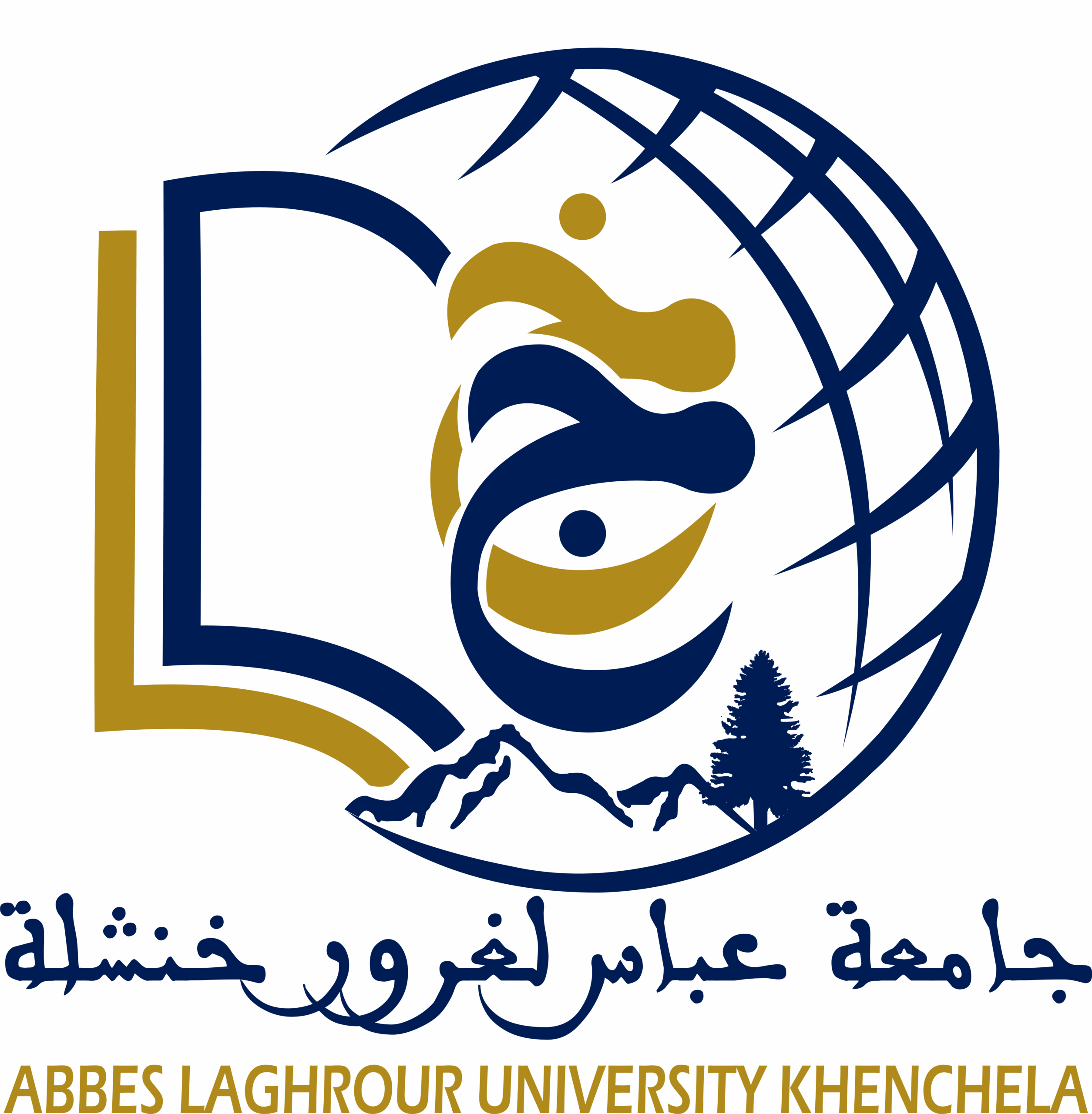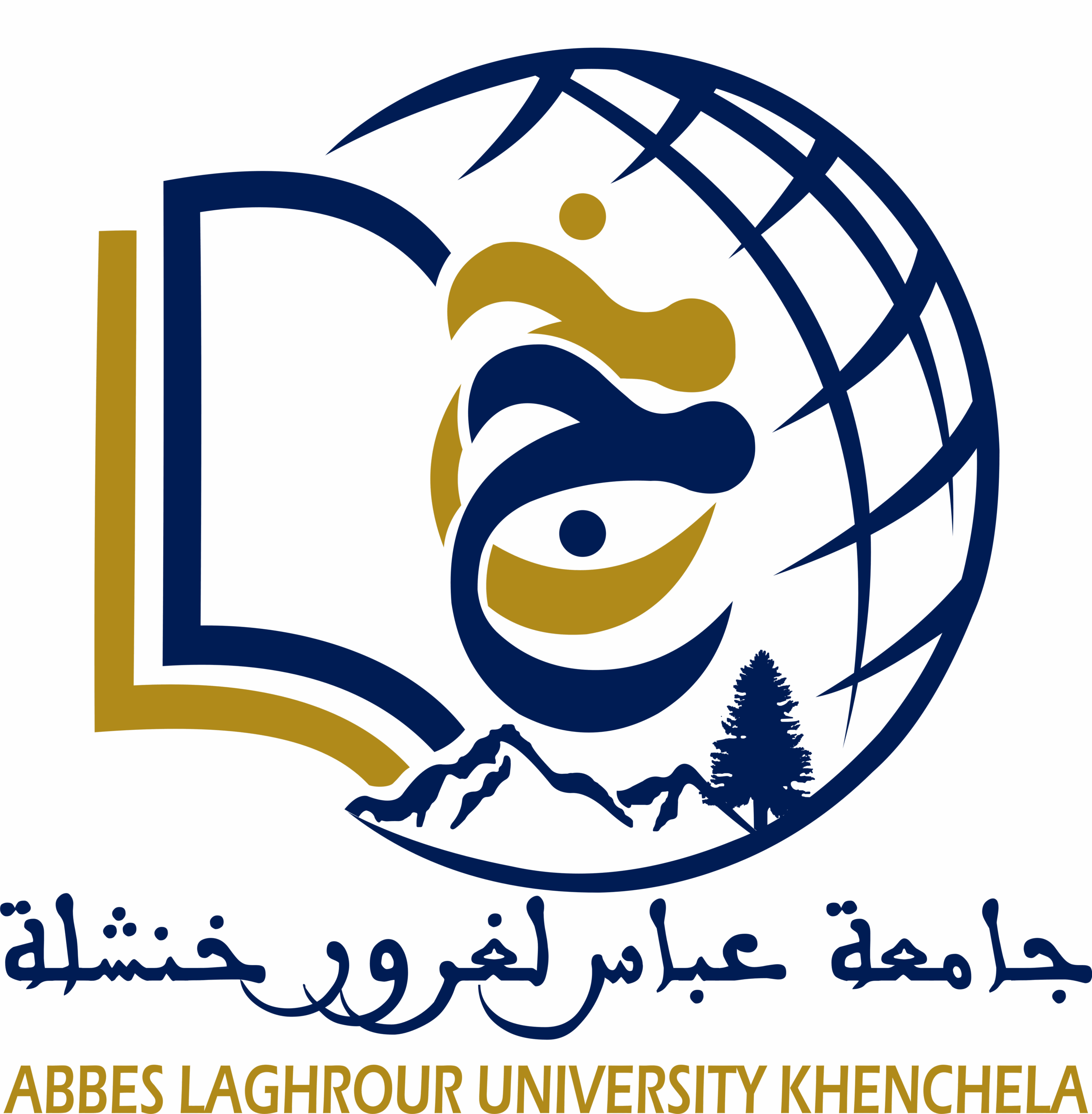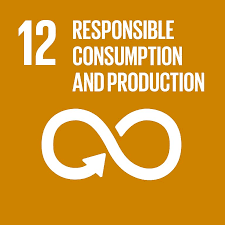Analysis of Goal 12 Indicators: Rational Consumption and Production
12-02 Operational Measures
| Indicator | Question | Answer |
| 12-02-01 | Does your university as an institution have a policy on ethical sourcing of food and supplies? | Yes: The university report indicated the existence of general “ethical and environmental policies,” and that it provides “meal” services to students. The collective book proposal on “Environmental Governance” also reinforces this approach by focusing on “rationalizing the optimal exploitation of natural resources” and the economic principles of environmental governance (such as the polluter pays principle), indicating the existence of a theoretical and academic framework for rationalizing consumption and resources, which is supposed to extend to supplies (such as food), although an “ethical food sourcing” policy is not explicitly mentioned. |
| 12-02-03 | Does your university as an institution have a policy, process, or practice regarding waste disposal – covering hazardous materials? | Yes (implicitly and academically confirmed): The university has “ethical and environmental policies related to waste management.” This is reinforced by the existence of specialized academic programs such as the Master’s in “Protection of Ecosystems” and Master’s in “Applied Basic Environment,” and the existence of a research team called “Legislative Policy in the Field of Environment” aimed at revealing and evaluating legislative rules in environmental protection. The scientific proposal also discusses topics of hazardous waste (industrial and medical) and their legal and economic impacts, confirming that the university’s institutional and research framework covers the legal aspects of hazardous waste treatment, in line with Algerian law (Law 01-19 and its amendments). |
| 12-02-04 | Does your university as an institution have a policy regarding waste disposal – to measure the amount of waste sent to landfills and recycled? | Yes (quantitatively confirmed): The university confirms that it conducted “daily and weekly measurements” to monitor waste levels, and specifies the quantities of waste sent to landfills (27 kg/daily) and quantities recycled (30 kg/daily), proving the existence of an active measurement and documentation policy. |
| 12-02-05 | Does your university as an institution have policies on reducing plastic use? | Yes (confirmed): Waste management practices include a focus on recycling “plastic materials” specifically, and the university has taken “concrete steps to reduce single-use materials” in cooperation with scientific clubs, representing a clear policy for reducing plastic and other single-use materials. |
| 12-12-06 | Does your university as an institution have policies on reducing the use of single-use materials? | Yes: Abbes Laghrour University has taken “concrete steps to reduce single-use materials,” in cooperation with student scientific clubs. |
| 12-02-07 | Do these policies extend to external services and the supply chain? | Yes: The policies extend to external services through cooperation with local parties (Hamma Municipality and the Technical Landfill Center in Baghay) for waste management. This extension confirms the university’s provision of large-scale services (meals, housing, transportation), necessitating the application of environmental policies to the external supply chain to reduce environmental impacts. |
| 12-02-08 | Do these policies extend to external suppliers and the supply chain – (equipment suppliers and construction contracts)? | Very likely: Although the sustainability report does not explicitly mention construction contracts, the existence of graduate programs in “Protection of Ecosystems” and the existence of specialized research (such as the collective book) in “Environmental Governance from an Economic Perspective” that addresses the “polluter pays” principle, reflects an institutional framework that seeks to apply environmental and legal standards to all economic activities, including the university’s relationship with equipment suppliers and construction. |
12-03 Proportion of Recycled Waste
| Indicator | Question | Answer |
| 12-03-01 | Does your university as an institution measure the amount of waste generated and recycled throughout the university? | Yes: The university conducts “daily and weekly measurements” to monitor waste levels, and provides a transparent report on these achievements. |
| 12-03-01-01 | Amount of waste generated (per day) | The average daily waste production is 57 kilograms. |
| 12-03-01-02 | Amount of waste recycled (per day) | Approximately 30 kilograms are recycled daily. |
| 12-03-01-03 | Amount of waste sent to landfills (per day) | 27 kilograms are sent to landfills daily. |
12-04 Publication of Sustainability Report
| Indicator | Question | Answer |
| 12-04-01 | Publication of sustainability report | Yes: The university’s efforts are systematically documented in “the university’s sustainability report, and it is published annually to highlight progress and identify areas for improvement.” The report indicates the provision of data on waste reduction and recycling rates, demonstrating institutional transparency in reporting sustainability achievements. |





